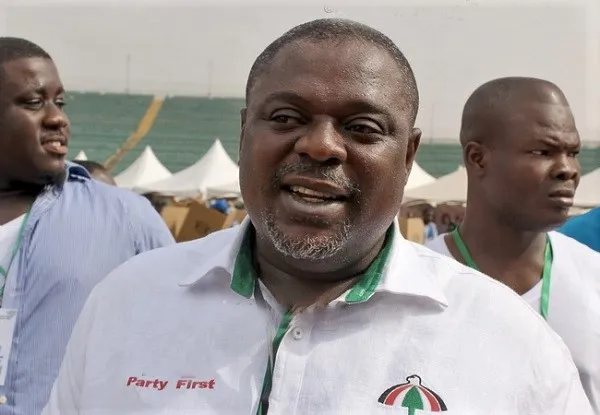adverts
Thugs on Altar: Koku Anyidoho Questions Spiritual Claims as Nigel Gaisie Credits ‘Prophetic Power’ for NDC Victory
The aftermath of Ghana’s 2024 presidential election is witnessing an intriguing spiritual debate, as Samuel Koku Anyidoho, theologian, and former Deputy General Secretary of the National Democratic Congress (NDC) and the CEO of Attah Mills Institute, weighs in on the prophetic claims surrounding John Dramani Mahama’s return to power.
In a thought-provoking statement shared on social media, Anyidoho highlighted what he sees as the questionable rise of spiritual narratives seeking credit for political outcomes.
“As a theologian, it is going to be very spiritually engaging as we observe all kinds of altars laying claim to a presidential victory—God looking from above, shaking His head. Very interesting days ahead, but as always, I pray God Almighty blesses my homeland, Ghana,” he said.
adverts
Anyidoho’s remarks follow bold statements from Prophet Nigel Gaisie, founder of the Prophetic Hill Chapel, who claims his “altar” played a pivotal role in securing the NDC’s electoral victory.
Speaking during his 31st Watch Night service, Prophet Gaisie emphasised the spiritual underpinnings of Mahama’s triumph.
“In Ghana and around the world, who prophesied that John Dramani Mahama would become president? After 2016, when Mahama’s name became like a forbidden fruit, I was the only prophet who stood for him,” Gaisie proclaimed.
He cautioned the NDC and President-elect Mahama against neglecting the spiritual altar that he claims secured their success. “The NPP fell because they abandoned the altar that brought them to power. Let the NDC not repeat that mistake,” he warned.
The prophet further asserted that he made significant personal sacrifices for the NDC, including losing a house and members of his congregation. “I will not call or chase anybody, but I caution the NDC not to neglect this altar,” he stressed.
Koku Anyidoho’s statement offers a counterpoint to the growing narrative of spiritual claims in Ghana’s political discourse. By suggesting that “God is looking from above, shaking His head,” Anyidoho implies disapproval of the blending of divine will with human ambition.



